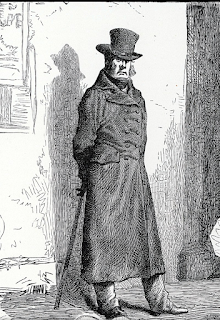Les Misérables: A Classic Novel of Love, Redemption, and Social Injustice
Les Misérables is a French historical novel by Victor Hugo, first published in 1862. It has been translated into over 140 languages and is one of the best-selling novels ever written. The story follows Jean Valjean, a former convict who is released from prison after serving 19 years for stealing a loaf of bread to feed his starving sister and her children. Valjean struggles to rebuild his life and find redemption, but is constantly haunted by his past.Ll
The novel is set in France during the early 19th century, a time of great social and political upheaval. Hugo uses the story of Valjean to explore themes of love, redemption, and social injustice. He also paints a vivid portrait of the poverty and squalor of 19th-century Paris.
Characters
Les Misérables is a sprawling novel with a large cast of characters. The main characters are:
Jean Valjean: A former convict who is released from prison after serving 19 years. He is a complex and sympathetic character who is constantly struggling with his past.
- Javert: A police inspector who is obsessed with catching Valjean. He is a rigid and inflexible man who believes that everyone is born with a criminal nature.
- Fantine: A young woman who is forced to sell her hair and teeth to support her daughter, Cosette. She is a tragic figure who is ultimately destroyed by poverty and desperation.
- Marius Pontmercy: A young man who falls in love with Cosette. He is a brave and idealistic soldier who fights for the French Republic.



Yorumlar